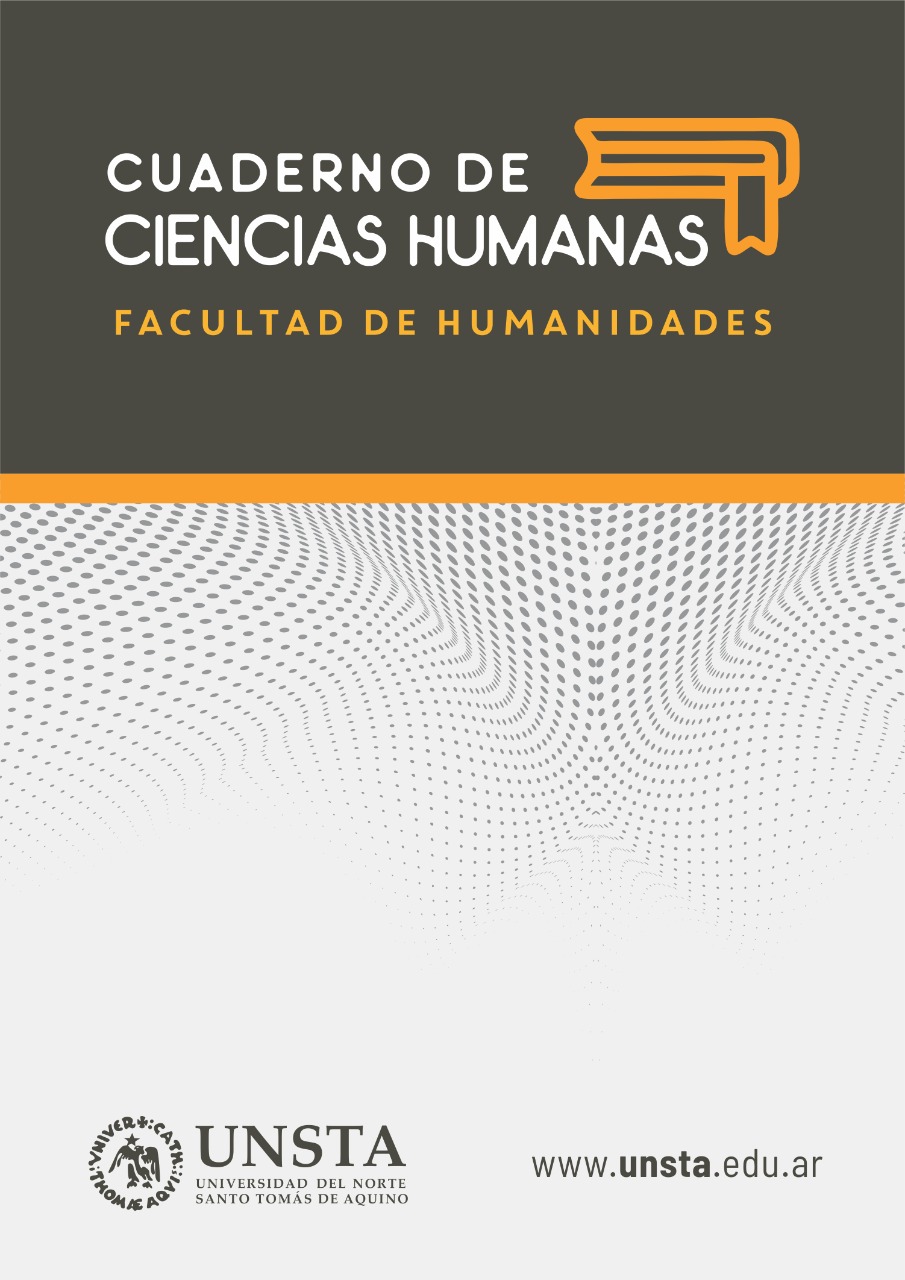Ethos and Actuality. A unique world of diverse civilizations
Keywords:
actuality, modernity, civilizations, values, power crisisAbstract
This article seeks to enrich our awareness of the present day, the civilization that wanted to be The world civilization is in crisis, complicated by the need for the recognition of the other civilizations -outside and within one’s own territory-, in their existence and confrontation. Rootedness is natural for a unique human being, which gives rise to diverse civilizations, in a single world. Today, in the process of globalization, three concomitant sub-processes can be discerned: a) The need to re-recognize the identities that are close to us, sometimes local and sometimes of the other civilizations in the process of reinventing their identity –in the transversal neighborhoods of the Global Village– and not only in the original territories of that civilization. b) The strong presence (pollution) of Euro-American civilization in the highly urbanized environments of the other civilizations (before the Big Mac and Coca-Cola, Marxism –a post Victorian European idea– was the vehicle for the modernization of Russia, China and Vietnam), as well as the relevant presences of some of the other civilizations in it, and c) The crisis of what is valued in Euro-America (not limited to its space, but to where those valuations are experienced as their own in the Global Village) due to the crisis of the last stage of Modernity and European self-uprooting. Finally, we will dwell on the problem of the crisis of power, characterized by the immense expansion of its means and the poverty of its ends, in a society that refuses to deal with the problem of the good society –because of the curvature of the will– and irresponsibly produces the return of inequality.
Downloads
References
Alemany, J. M. (2000). Mecanismos de justificación de la violencia y cultura de la paz. Revista de Fomento Social, 219, 419-433. https://doi.org/10.32418/rfs.2000.219.2488
Alvira Domínguez, R. (1995). Lo común y lo específico de la crisis moral actual. Cuadernos de Empresa y Humanismo, 57, 2-16. Recuperado el 19 de marzo de 2025 de: https://dadun.unav.edu/entities/publication/021f1b63-62f5-4da2-b05b-c7dcf0a59dc8
Bauman, Z. (2010). Modernidad y Holocausto. Sequitur.
Brugués, J.-L. (1996). La ética en un mundo desilusionado. Humanistas. Revista de antropología y cultura cristiana, 1, 22-41. https://www.humanitas.cl/filosofia/la-etica-en-un-mundo-desilusionado#N1
Brugués, J.-L. (s.f.). La ética en un mundo desilusionado. ¿Sobre qué, a fin de cuentas, se apoyan los valores y los principios éticos? Catholic.net. Recuperado el 18 de marzo de 2025 de: https://es.catholic.net/op/articulos/18567/cat/609/la-tica-en-un-mundo-desilusionado.html
Bunge, M. (2003). Ser, saber, hacer. Paidós.
Estévez, R. (2023). Ethos y actualidad: la crisis del poder. Revista Criterio, 2495, [s.p.]. Recuperado el 19 de marzo de 2025 de: https://www.academia.edu/98242574/ETHOS_Y_ACTUALIDAD_La_crisis_del_poder
Estévez, R. (2024). Ser persona es valorar. Cuaderno De Ciencias Humanas, 4, 37–84. https://revistas.unsta.edu.ar/index.php/CCH/article/view/1021
Estévez, R. (s.f.). Cultura, valor de la cultura y crisis de la cultura. UCA. Recuperado el 18 de marzo de 2025 de: http://bit.ly/4l0S6np
Guardini, R. (1981). Las etapas de la vida. Cristiandad.
Guerra, S. (2005). Simone Weil, a la espera de Dios en el umbral de la Iglesia. Revista de Espiritualidad, 64, 463-503. Recuperado el 19 de marzo de 2025 de: https://www.revistadeespiritualidad.com/index.php?Seccion=verportada&Id=32
Harari, Y. N. (2022). De animales a dioses. Breve historia de la humanidad. Debate.
Hazard, P. (1946). La Pensée européenne au XVII, siécle de Montesquieu á Lessing t. I. Bolvin et Cíe.
Huntington, S. P. (1 de junio de 1993). The Clash of Civilizations? Foreign Affairs.
https://www.foreignaffairs.com/articles/united-states/1993-06-01/clash-civilizations
Huntington, S. P. (2000). El choque de las civilizaciones y la reconfiguración del orden mundial. Paidós.
Lipovetski, G. (1992). Le crépuscule du devoir: L’éthique indolore des nouveaux temps démocratiques. Gallimard.
Ortega y Gasset, J. (1909). Los terrores del año mil. Crítica de una leyenda. El Liberal.
San Juan Pablo II. (1993). Carta encíclica Veritatis Splendor. https://www.vatican.va/content/john-paul-ii/es/encyclicals/documents/hf_jp-ii_enc_06081993_veritatis-splendor.html
Steiner, G. (20 de junio de 2004). El cansancio de la vieja Europa. La Nación. Recuperado el 19 de marzo de 2025 de: https://www.lanacion.com.ar/cultura/el-cansancio-de-la-vieja-europa-nid611430/
Steiner, G. (2001). La barbarie douce. En: A. Michel, Question n° 123:Education et sagesse. La Quête du Sens. Paris.
Touraine, A. (1992). Critique de la modernité. Fayard.
Valéry, P. (1961). Política del espíritu. Losada.
Vásquez Rocca, A. (31 de julio de 2014). Sloterdijk: psicopolítica de los bancos de ira, apocalipsis y relatos escatológicos: del fundamentalismo islámico a los espectros de Marx. Reflexiones marginales. Recuperado de: https://reflexionesmarginales.com/blog/2014/07/31/sloterdijk-psicopolitica-de-los-bancos-de-ira-apocalipsis-y-relatos-escatologicosdel-fundamentalismo-islamico-a-los-espectros-de-marx/
Published
How to Cite
Issue
Section
License
Copyright (c) 2025 Español

This work is licensed under a Creative Commons Attribution-NonCommercial 4.0 International License.
Esta licencia permite a otros copiar, mezclar, redistribuir y construir a partir del material, siempre y cuando se dé el crédito correspondiente y sin fines comerciales.




